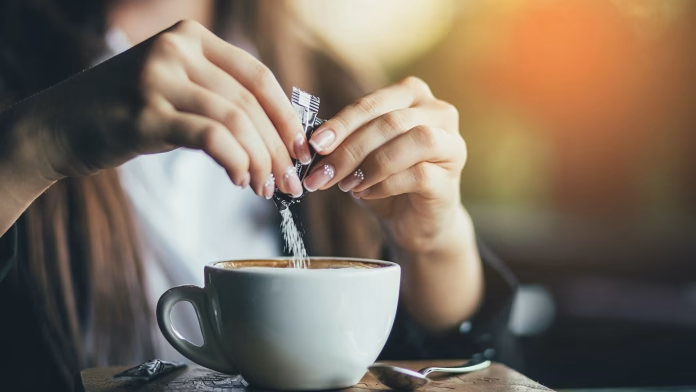A lobby group comprising well-known brands such as Coca-Cola, PepsiCo, Red Bull, Dabur, Tetra Pak, and others, has expressed its belief that the recent guidelines on non-sugar sweeteners issued by the World Health Organization (WHO) are not sufficiently grounded in scientific rigor.
The World Health Organization (WHO) previously stated that non-sugar sweeteners like aspartame and stevia do not contribute to weight loss and may even elevate the risk of certain diseases. In response, health organizations have advocated for the inclusion of “restrictive use only” labels on all food and beverage products containing artificial sweeteners.
Read More: WHO’s latest guideline advises against using artificial sweeteners for weight management
A senior Indian Beverage Association (IBA) executive who didn’t want to be named said, “It is a disservice to public health to not recognise the role of low or no-calorie sweeteners in reducing sugar intake” amid a global obesity crisis. “IBA has been engaging with concerned authorities in the country to seek their alignment for a favourable policy regime in this regard,” he said.
WHO recommendations should have been based on the comprehensive set of available evidence, the person said.
“WHO could only conclude a conditional recommendation, which is not scientifically rigorous, nor based on a robust evidence base,” the executive said.
The beverage association’s website lists several notable food and beverage companies, such as Britannia, Paper Boat, Parle Agro, Bisleri, ITC, Mondelez, and Tata NourishCo, among others, as “associate members.”
The sales of various products, including diet colas, ice creams, juices, breakfast cereals, confectionery, and no-sugar cooking alternatives, have experienced significant double-digit growth. This trend has been further accelerated during the Covid-19 pandemic, as consumers have increasingly shifted towards low-sugar beverages and foods due to heightened health consciousness.
On May 15th, the World Health Organization (WHO) confirmed that its guidelines and recommendations regarding non-sugar sweeteners are contingent upon the existing evidence and encompass both synthetic and natural sweeteners, including aspartame, saccharin, sucralose, and stevia.
“Replacing free sugars with non-sugar sweeteners does not help with weight control in the long term,” Francesco Branca, WHO director for nutrition and food safety, had said in a detailed statement, adding that such sweeteners “are not essential dietary factors and have no nutritional value.”
The IBA executive said the industry body “would join others, including relevant government agencies who have responded to the public consultation on the draft guidelines, expressing their concerns about the conclusions and rationale used by WHO.”
The Food Safety and Standards Authority of India (FSSAI), the national regulatory body for food, has confirmed that it is currently conducting an evaluation of the World Health Organization’s (WHO) recommended guidelines through a scientific panel.
Industry executives have expressed concerns that implementing guidelines and labeling changes mandating warnings on products containing non-sugar sweeteners could potentially impact sales of diet foods. Currently, the Food Safety and Standards Authority of India (FSSAI) does not possess specific and detailed guidelines regarding the usage of sweeteners in food and beverages.
The World Health Organization (WHO) states that the latest regulations are part of a comprehensive set of existing and upcoming guidelines pertaining to healthy diets. WHO emphasizes the importance of exploring alternative methods to reduce the consumption of free sugars, such as opting for foods that contain naturally occurring sugars, like fruits, or choosing unsweetened food and beverages.





